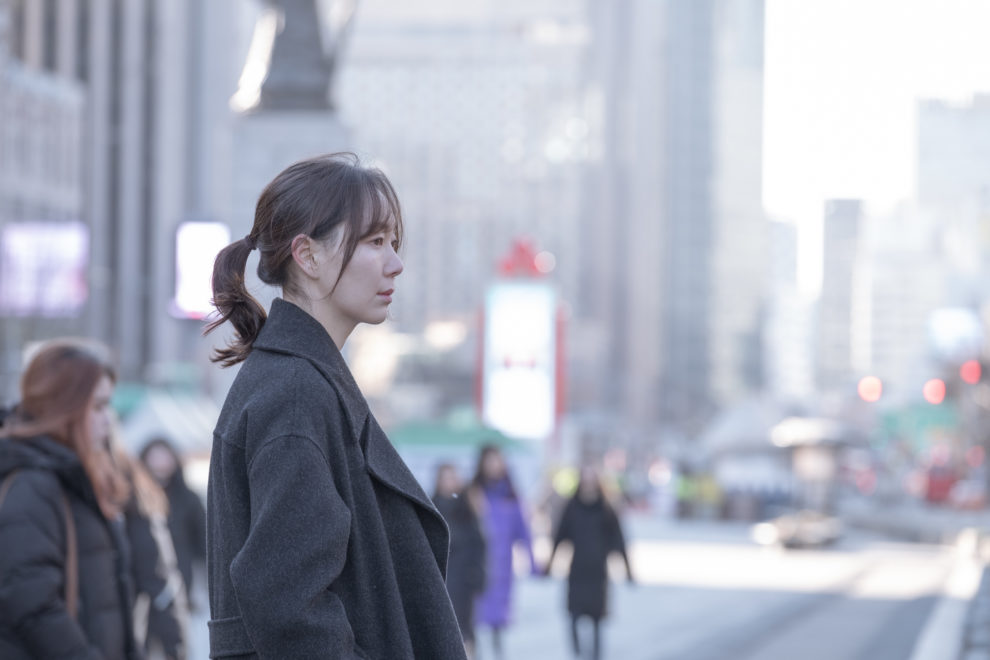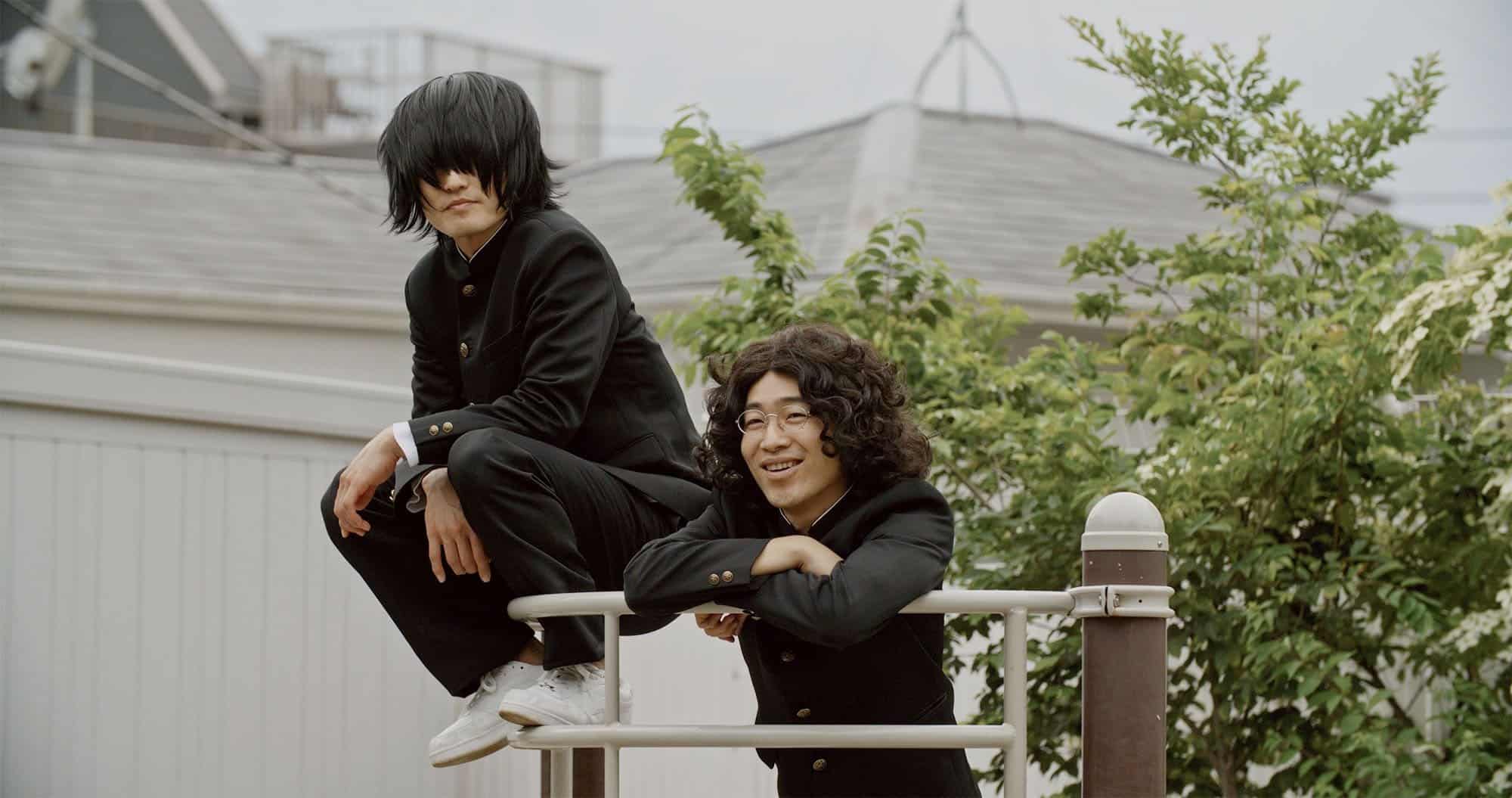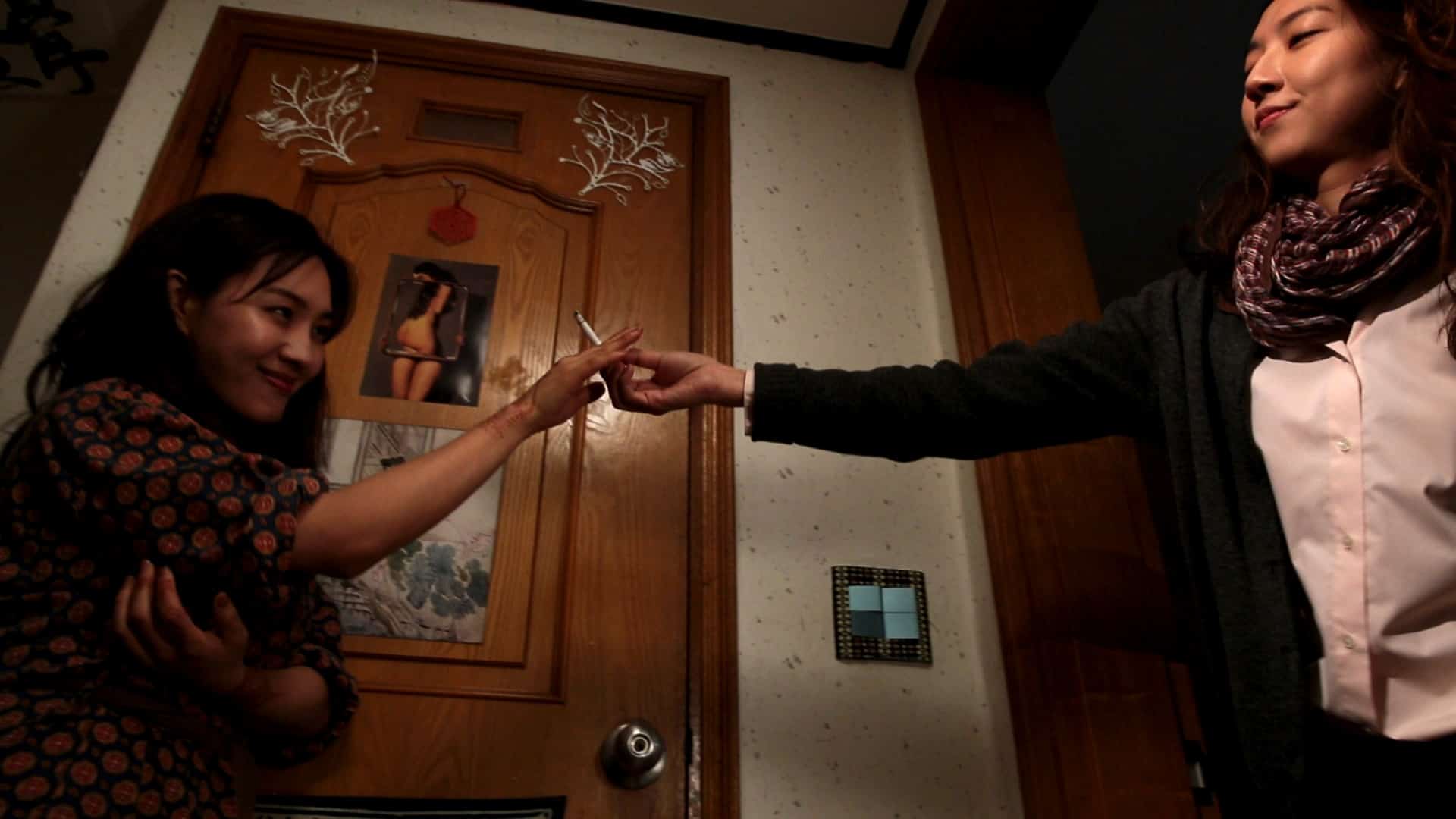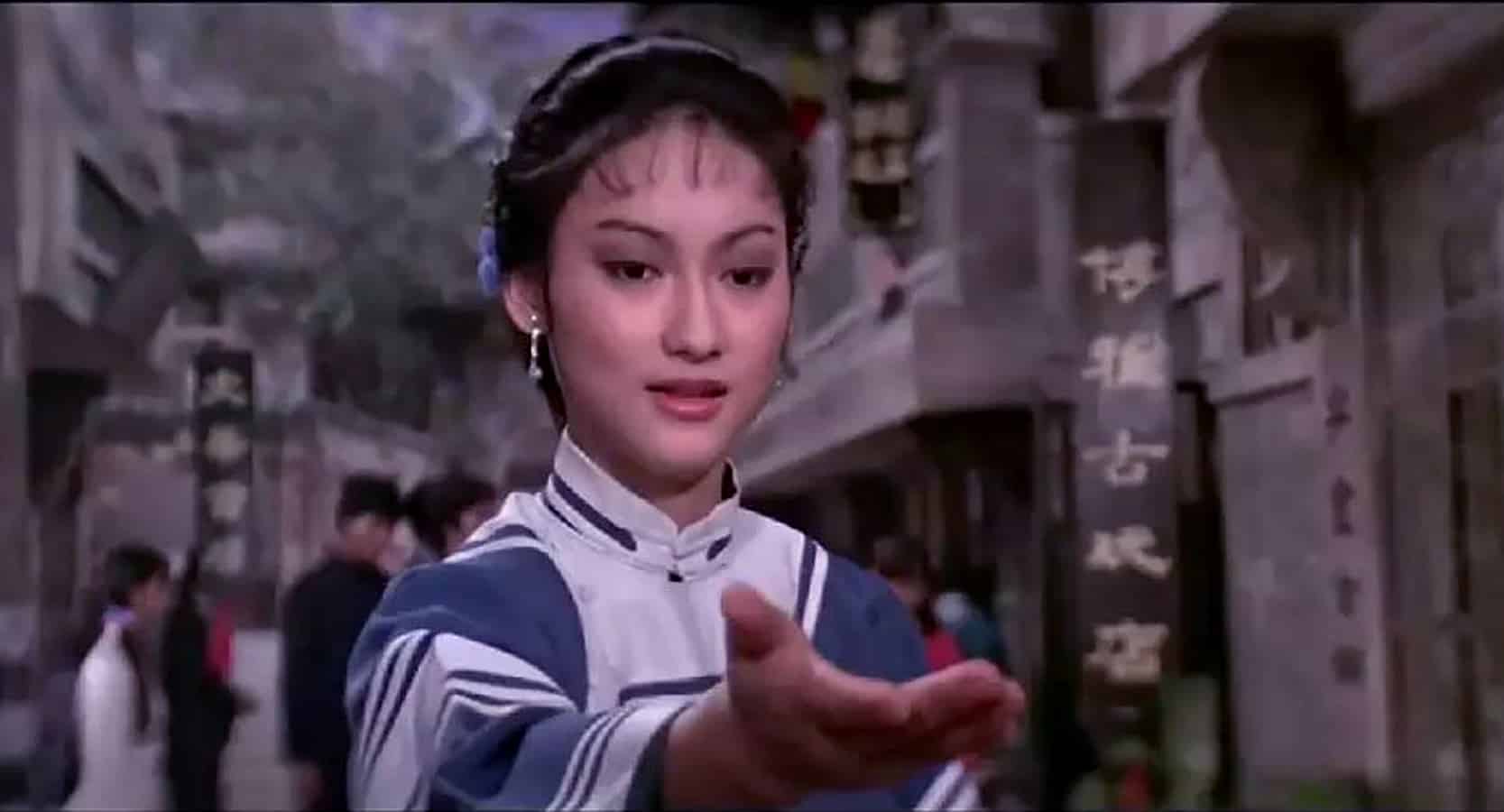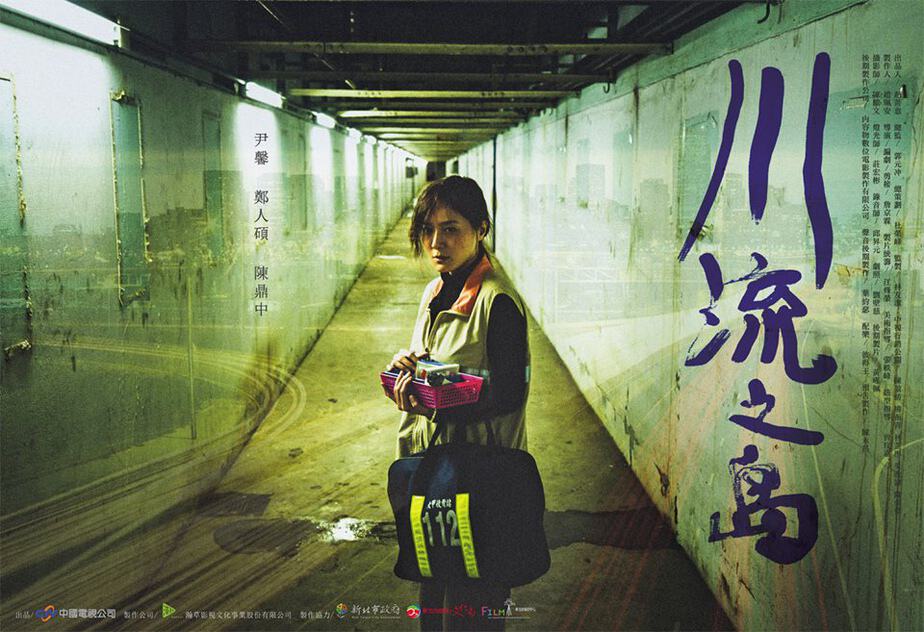In recent years the family drama, perhaps most notably represented by directors like Hirokazu Koreeda, has tackled some of the most pressing issues of our time through the perspective of the smallest social unit. One of those concepts is the idea of home, how it has shifted in the last decade, its connection to the family unit and how property is linked to success, depending on the cultural context. After his short feature “Finding Sunshine” (2016) Korean director Park Je-bum gives his feature debut, telling a story about these specific notions, how the idea of finding a home is connected to starting a family and personal success within the society of his home country. The result is a somewhat repetitive, but presents some interesting insights to his viewer.
“I Am Home” is screening at Korea Independent Online Filmfestival

For quite some time, Eun-seo (Lee Yoo-young), a young newspaper editor, has been looking for a new apartment, but so far the search has been fruitless due to her aspects like the rent she would have to pay or her expectations. As the search becomes increasingly frustrating, and she has to move out, she decides to temporarily move in with her estranged father Jin-cheol (Kang Shin-II), who runs a 24h-locksmith service in the city of Incheon, Eun-seo's former home.
Although she once felt more connected to her dad, the relationship between the two of them is quite distant, as both do not know how to behave in front of the other and being quite uneasy at first. However, as time goes by, Eun-seo regains a connection to the family and the home she once had, while her father slowly opens up to her and the family he abandoned so many years ago.
As mentioned in the introduction, while some of the symbolism and hints may be a bit repetitive, the narrative succeeds when it comes to showing how the concepts of owning property and family connect and even how they define the way of thinking of a person. It is quickly established that Eun-seo is the type of person who feels no specific attachment to home, but shares a distinct sense when it comes to property, considering the way she evaluates the different apartments she is shown. Nevertheless, there is also a certain sense of routine about the way she goes about the search, but also other parts of her life such as her work, resulting in the chief editor asking her whether she was “playing Tetris” with the articles in order to get them on one page. Everything seems to be temporary, needs to be arranged, making the concept of home suspicious to some degree.
In many ways, life is more like a collection of opportunities, it seems. While her father is quite content with leaving those chances behind, for Eun-seo her chief editor's idea of the “warehouse” might be a more fitting concept to describe her perception of home and family. At the same time, there is also a certain longing, when the camera lingers with the character for a moment longer, you get a glimpse of something that is missing, especially in those urban, temporary “homes” like restaurants, cafés, train station or waiting rooms, which is where Eun-seo seems to feel more comfortable.
While the narrative focuses on the relationship between father and daughter, Yoon Sung-won's script also makes subtle hints at society's role in defining expectations of home and family. It is similar to Nick Hornby's approach in his novel “About a Boy” where one of the character's concepts about life is to live like “an island” with only the most necessary connections to the mainland or other people. With regard to Eun-seo and her other female friends, or her sister, starting a family and owning property is closely linked to being successful, whereas she soon realizes you must find your own way, a slow and often painful process.
“I Am Home” is a drama about concepts like family and home, with subtle but insightful hints at society's role in defining these ideas. Although his feature might also include some redundancies, there is also a lot which works quite well, from the cinematography to the two central performances.


